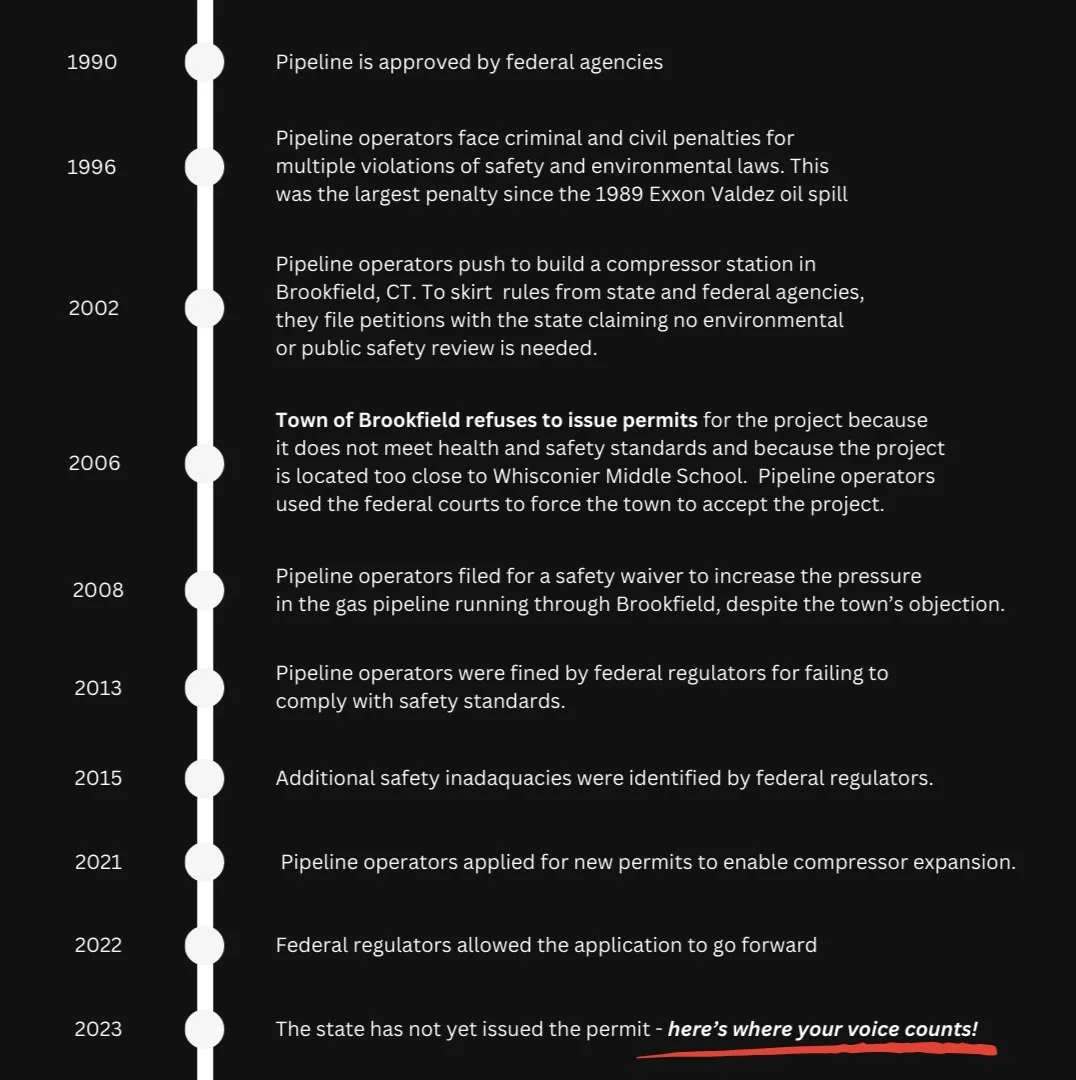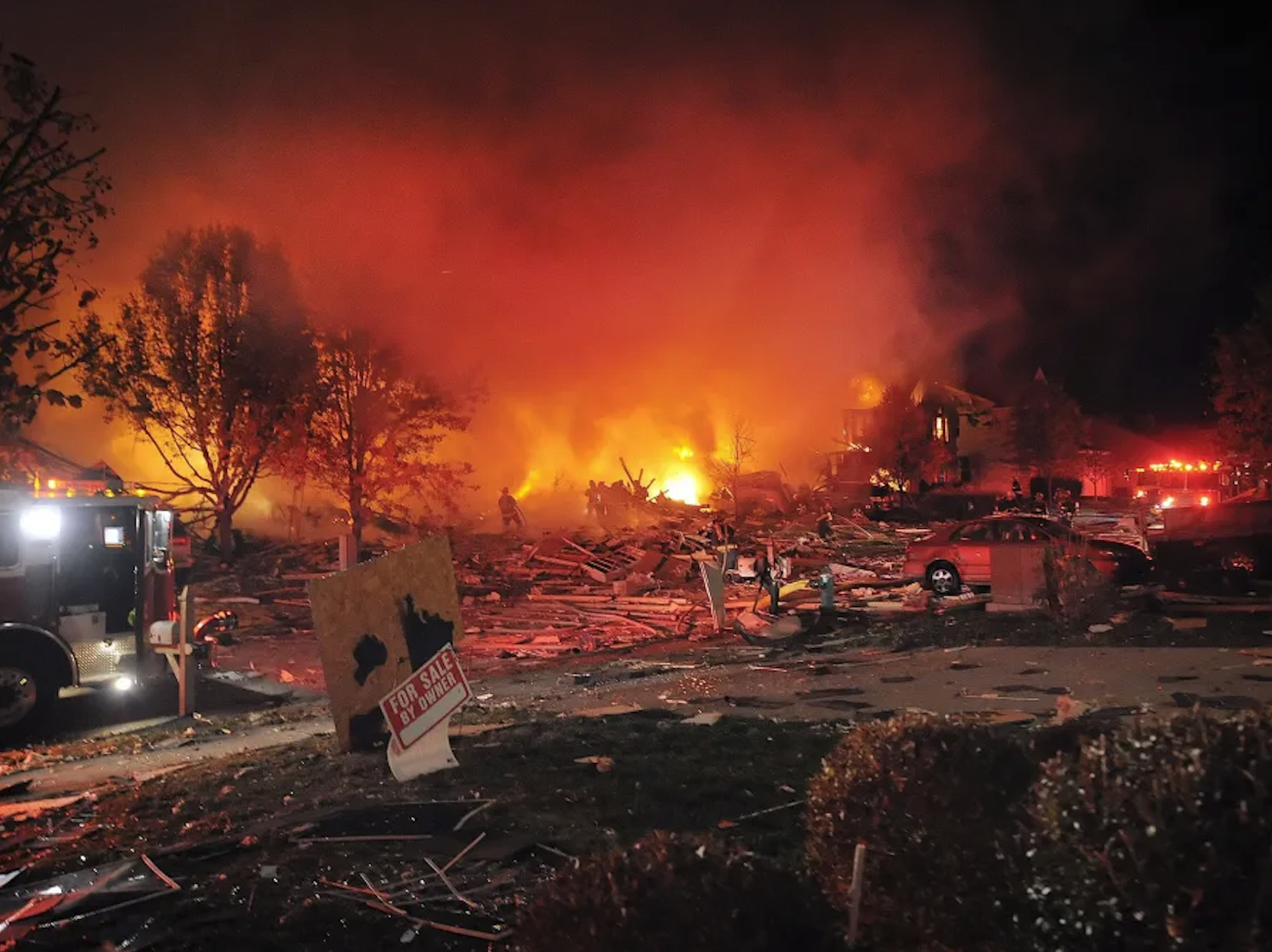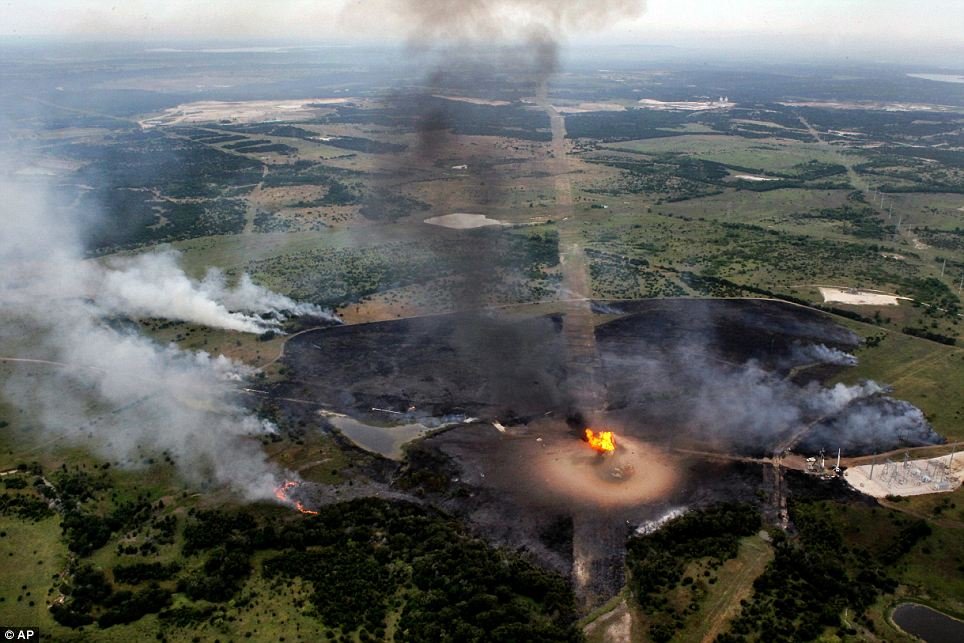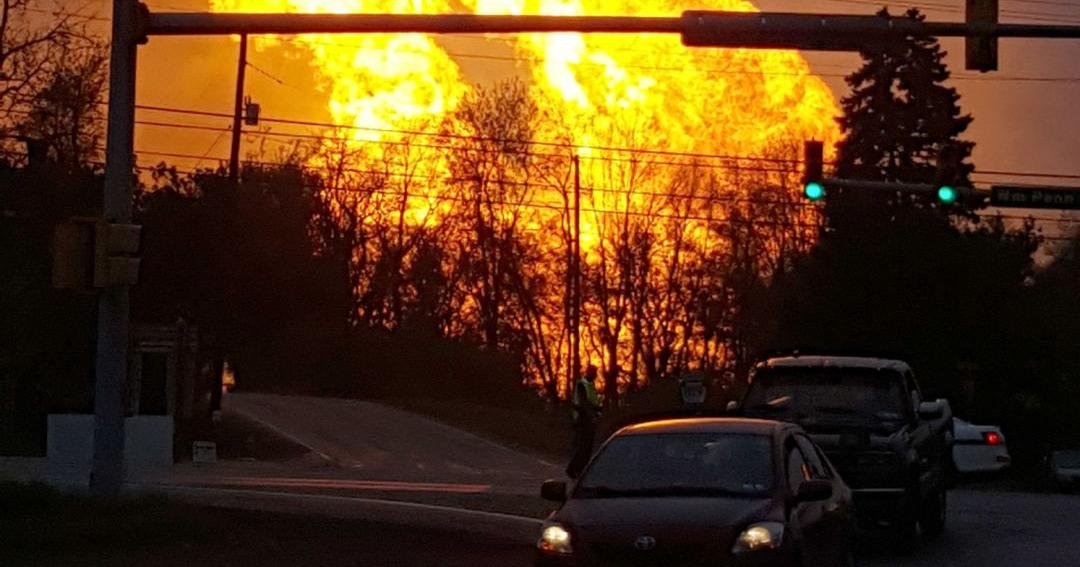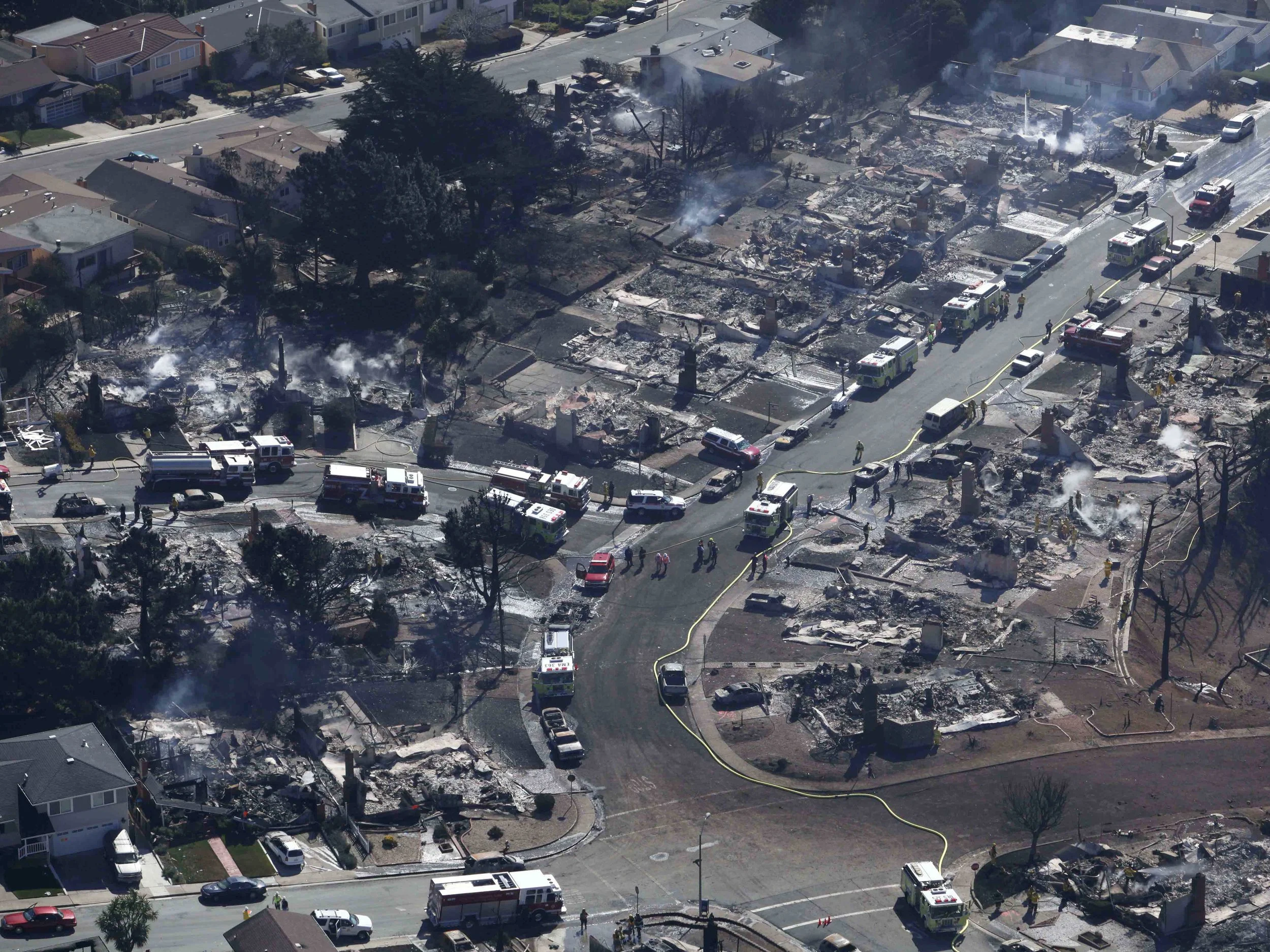The “Iroquois” Pipeline
The Iroquois Gas Transmission System, often referred to as the “Iroquois” Pipeline, is a natural gas pipeline system that spans from the TransCanada mainline near the Canada-U.S. border in Waddington, New York, to the vicinity of Long Island Sound in Connecticut. The pipeline system is owned and operated by Iroquois Gas Transmission System, L.P., a company formed as a partnership between TransCanada PipeLines Limited and Dominion Resources, now known as Dominion Energy.
Transmission Pipelines and Compressor Stations
Compressor stations are located along gas transmission pipelines. These stations take gas from the pipelines and burn it on the spot, raising pressure and pushing gas farther down the pipeline. Both pipelines and compressor stations have a long history of harmful and deadly explosions.
The Compressor Station Expansion
Even though New York State, New York City, and Connecticut have passed rules to reduce gas consumption, the pipeline owners and operators want to more than double the amount of gas that moves through the pipelines. This dramatically increases the risk of catastrophic pipeline failure and increases the amount of air and water pollution Brookfield and Newtown residents are exposed to. It’s a huge problem for Brookfield because two big pipelines, the "Algonquin" and the "Iroquois," merge here. This is especially concerning for students and staff at Whisconier Middle School and the hundreds of people who live and work close to the pipeline.
For years, Transcanada has operated in the shadows, pushing for expansion even when Brookfield said no.
Is it really that risky?
Yes, it really is.
Blow Offs and Venting Releases Cancer Causing Chemicals
When downstream usage or upstream pressure is too high, pipelines need to “blow off” or “vent” excess pressure to avoid explosion. When this happens, huge amounts of methane, cancer causing benzene, VOCs and other toxins are released into the air. Beyond the risk that these blow offs themselves ignite into an explosion, the chemicals are released in high concentrations, exposing residents to dangerous levels of toxins and carcinogens.
Its Not Just Air - Soil and Water are Contaminated
When compressor stations perform blow offs, many of the most harmful chemicals are absorbed into nearby water and soil and eventually make their way into local water supplies.
Evacuation Plans Don’t Work - There’s No Warning
Gas explosions from high pressure systems happen quickly and usually without notice.
Its Not Just Fire - Debris and Shrapnel Kills
When explosions happen, shrapnel can be flung in any direction long distances and kill or maim. Burning debris can ignite fires in the surrounding areas, burning down homes, cars and buildings.
Enormous Blast Zones
Given the pressure and volume of gas available, these explosions are able to cause death and injury across areas as wide as 1 mile.

